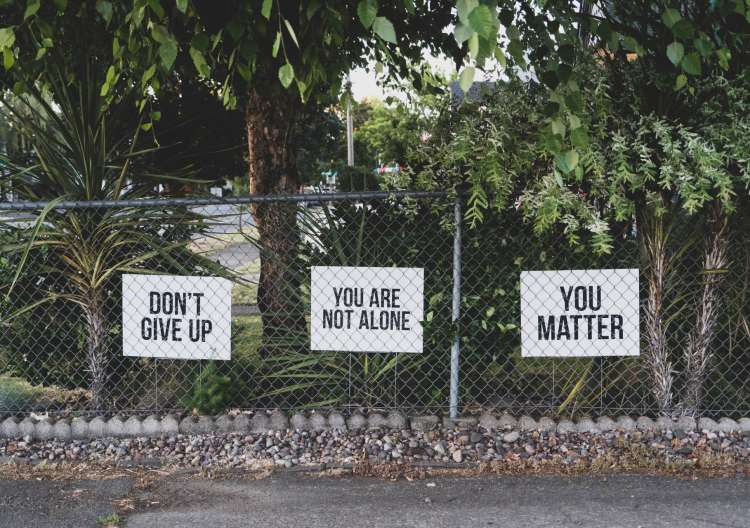Research carried out by Mind, a UK mental health charity, found that one in three people say their work life was either very, or quite, stressful- more so than debt, financial problems or even health.
The survey of over 2,000 people found that workplace stress has resulted in 7 percent [rising to 10 percent among 18–24-year-olds] having suicidal thoughts and 18 percent [one in five people] developing anxiety.
Why were the figures so high? Are there greater pressures in today’s working world than there were years ago? Are managers doing enough to help their employees?
We know that high levels of stress negatively impacts both physical and mental health and I frequently discuss ways of creating a healthy corporate culture i.e. building resilience, enhancing well-being and reducing stress.
Unfortunately, there are still too few employers that recognise the importance of good interaction between managers and teams, and the minimisation of stressors in the workplace.
Stress In The Education Sector
Last week, I was with Alexander, a colleague of mine in his mid-20s who works in the education sector. I asked him how the job was going and his response was ‘not good’. It’s not the job, it’s the people!’ By enquiring a little more, I found that he was a committed IT manager who apparently does his best to manage his team in what he describes as a ‘toxic culture’. The style of management is reactive, which means that every action has to be done immediately which puts a huge pressure on both him and his team. Furthermore, he is expected to answer his emails during the evening at home, so he is never able to switch off completely.
He complained that he doesn’t feel appreciated or valued for what he does and that the work environment is a blame culture where there is never any consultation about working practices or changes in schedules, targets, and deadlines. When things go wrong- which is frequently- blame is just apportioned without proper investigation, with the inevitable consequence that Alexander has now decided to find a better employer. Who can blame him?
However, he highlighted many factors relating to work-life balance that are important to recognise —
- No accountability
- Minimum or no consultation
- A lack of recognition and reward
Although part of Alexander’s management role is to identify and manage undue stress in any member of his team, he, in fact, cannot manage his own stress, let alone his team.
This raises the question…are there greater pressures in the industry today than there were years ago?
Well, many of the stressors are the same and yet, today brings the additional challenge of having to be available 24/7 and the management’s expectation of long working hours and unrealistic deadlines.
Such companies have little understanding of work-life balance or of taking any action to support the mental and physical well-being of their staff. If they did, staff would feel more loyal, motivated, committed, and are likely to not only want to stay in the organisation but also recommend it to others.
That would be a win-win situation, but many companies seem to be unaware of the benefits.
If you are a struggling employer, or maybe even a manager yourself, and you’re experiencing immense pressure in your work or more generally in your life, an online conversation with me might be just what you need. You can discuss whatever challenges you’re experiencing, and receive personalised and confidential support in a safe place. Don’t let your work keep you from living a happy, fulfilled and balanced life.




